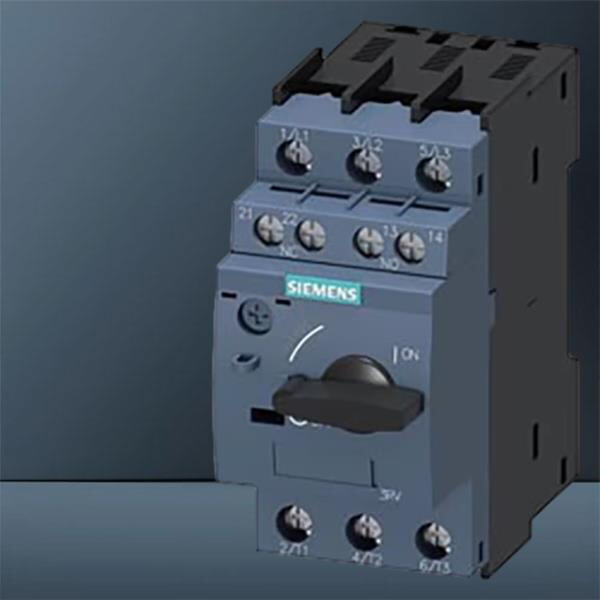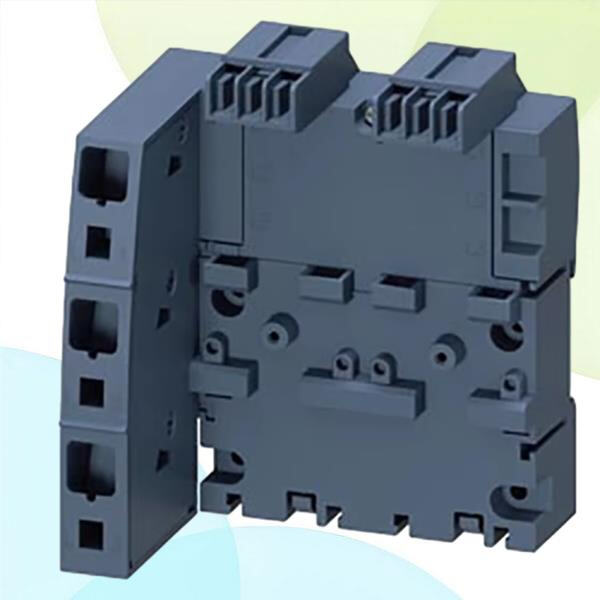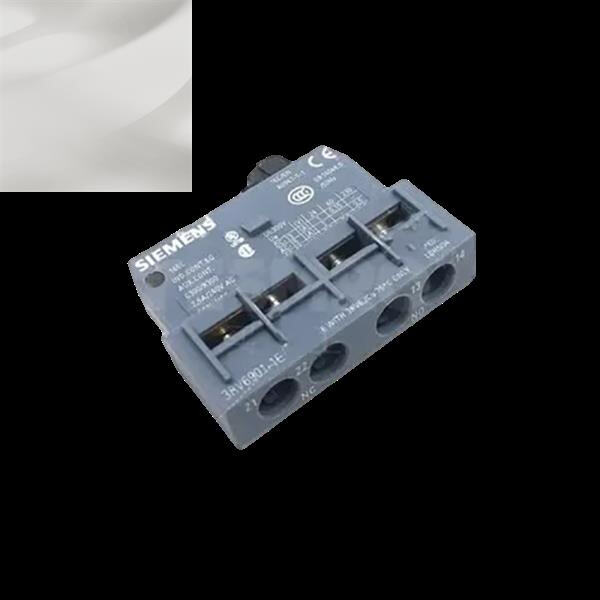Odklopnik je v bistvu posebna vrsta stikala, ki upravlja pretok električne energije v vašem domu. Njegova vloga je skrbeti za varnost vsega, kar deluje, kot mora. V bistvu se odklopnik sproži, če je preveč električne energije, ki poskuša potovati skozi določen vod. Ko se odklopnik sproži, izklopi napajanje, da prepreči škodo ali celo povzroči požar v vašem domu. Večina varnostnih ukrepov varuje vaše skromno bivališče in družino.
Torej se morda sprašujete, zakaj se je odklopnik sploh splača spotakniti? Največji razlog za povzročitev sproženega odklopnika je, da se na istem tokokrogu in vrhuncu uporablja preveč stvari hkrati. Na primer, če priključite mešalnik + mikrovalovno pečico + opekač kruha v eno vtičnico. Ta sunek lahko obremeni oskrbo z električno energijo in takšna preobremenitev prelahko sproži odklopnik.
Začnite tako, da poiščete ploščo odklopnika v vaši hiši. Klet, garaža ali pomožni prostor. Iskanje izklopljenega tokokroga. Naslednji korak je, da poiščete ploščo in tečete skoznjo, dokler ne odkrijete vrat, ki se odpirajo, in v notranjosti se zdi, da njihov namen obstaja. situacija vklop-izklop ali središče.
Prepričajte se, da ste identificirali tistega, ki se je spotaknil, in ga nato obrnite z njih. Nato ga potisnite nazaj v "on". S tem boste ponastavili odklopnik. Če stikalo ne ostane v položaju "vklopljeno", ko ga ponastavite, lahko to pomeni večjo težavo in se boste morali obrniti na električarja.

2. korak: Kako odstraniti pokrov plošče

Če se stikalo sproži drugič, boste takoj preverili svoje žice. Preverite prosto povezavo, poškodovano žico ali opekline. Če pa je vse v redu in se še naprej sproža, raje prosite električarja (obiščite naše spletno mesto, če si želite ogledati več člankov), kot je Sparkrite Electrical, da pregleda vezje.

Nikoli ne prezrite, ko se sproži odklopnik. To je lahko zelo nestanovitno. Odklopnik, ki se pogosto sproži, ne glede na vrsto naprave ali kje je priključena, je ponavadi znak nevarnih električnih težav, ki lahko povzročijo požar/eksplozijo naprav in ogrozijo vaš dom zaradi večje električne škode. Sistem, ki je preobremenjen z elektriko, lahko proizvaja tudi toploto. Toplota je nevarna za električne sisteme, saj lahko stopi žice ali zažge v drugih plaščih. Drugič, če se izolacija sama vžge, bo to v vaš dom sprostilo nekaj strupenih kemikalij in rakotvornih snovi, ki jih resnično ne želite v svoji družini.